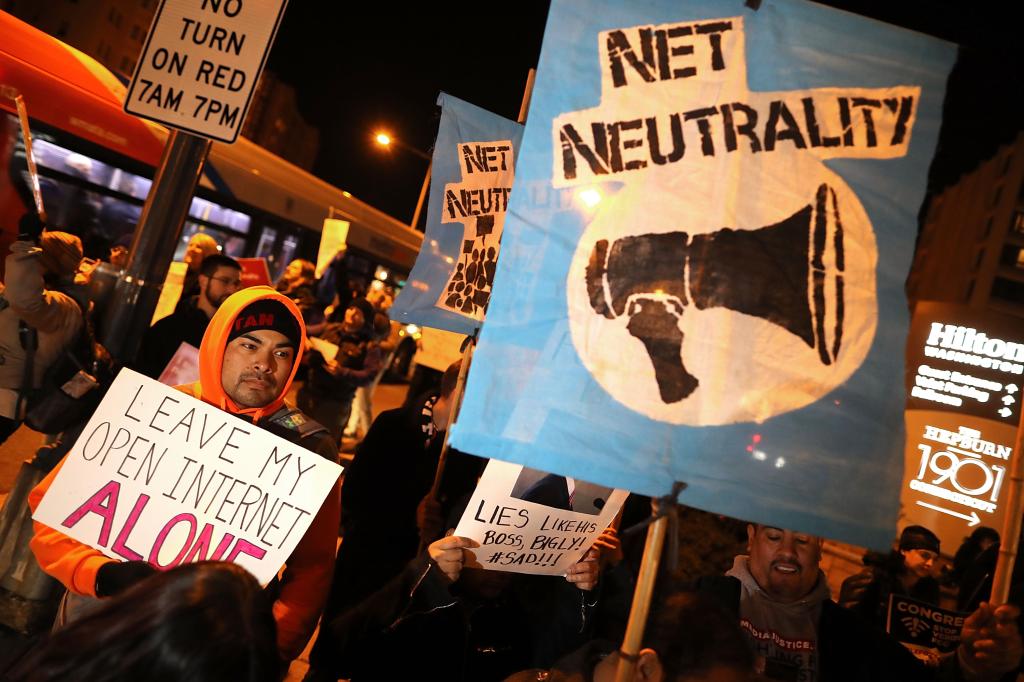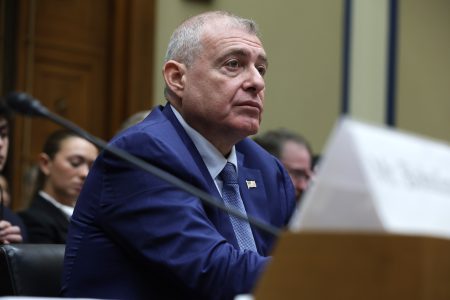The US Court of Appeals for the Sixth Circuit delivered a significant blow to net neutrality advocates on Thursday, ruling that the Federal Communications Commission (FCC) overstepped its authority in attempting to reinstate the 2015 Open Internet Order. This decision marks another chapter in the ongoing legal battle over net neutrality, a complex issue with profound implications for the future of the internet. The court’s ruling effectively upholds the FCC’s 2017 repeal of these rules, leaving internet service providers (ISPs) with greater freedom to manage their networks and potentially prioritize certain types of internet traffic. This outcome has sparked renewed debate about the need for clear regulatory guidelines to ensure a fair and open internet for all users.
The crux of the court’s decision rests on its interpretation of the FCC’s statutory authority. The three-judge panel concluded that the agency lacked the legal basis to reclassify broadband internet access as a “telecommunications service” under Title II of the Communications Act of 1934. This reclassification, implemented during the Obama administration, was the cornerstone of the 2015 Open Internet Order, granting the FCC broader regulatory powers over ISPs and enabling it to enforce net neutrality principles. By reversing this classification in 2017, the Trump-era FCC argued it was returning to a lighter regulatory touch, promoting investment and innovation in the broadband market. The court’s affirmation of this repeal reinforces the view that the FCC’s authority is limited and that significant regulatory changes require a clearer Congressional mandate.
The 2015 Open Internet Order, often referred to as the net neutrality rules, established three core principles: no blocking, no throttling, and no paid prioritization. “No blocking” prevented ISPs from blocking access to legal content, applications, services, or non-harmful devices. “No throttling” prohibited ISPs from impairing or degrading lawful internet traffic on the basis of content, applications, services, or non-harmful devices. Finally, “no paid prioritization” prevented ISPs from accepting payment or other consideration in exchange for prioritizing certain internet traffic over other traffic. These rules aimed to ensure a level playing field online, preventing ISPs from favoring certain content providers or services over others, potentially stifling competition and limiting consumer choice.
The repeal of these rules in 2017 sparked widespread controversy, with proponents arguing that it would foster innovation and investment in broadband infrastructure while opponents feared it would lead to a “fast lane” internet, where ISPs could prioritize certain content or charge consumers more for accessing specific services. This concern stemmed from the potential for ISPs to create tiered internet access, where users paying a premium would receive faster speeds and preferential access to certain websites or applications, while those on lower-tier plans might experience slower speeds or limited access. Such a scenario, critics argued, could create a digital divide, favoring larger companies and potentially hindering the growth of smaller businesses and startups that rely on equal access to the internet.
The legal battle surrounding net neutrality has been ongoing for years, highlighting the complex and evolving nature of internet regulation. The FCC’s fluctuating stance on the issue, shifting between stricter and lighter regulatory approaches under different administrations, reflects the ongoing debate about the appropriate role of government in overseeing the internet. This back-and-forth has created uncertainty for both ISPs and consumers, making it difficult to predict the future of internet access and the development of online services. The court’s decision further complicates this landscape, potentially prompting renewed calls for Congressional action to establish clearer and more permanent rules for net neutrality.
The future of net neutrality remains uncertain. While the court’s ruling has dealt a setback to proponents of the 2015 rules, the fight is likely far from over. Advocacy groups and some lawmakers are expected to continue pushing for legislation that would codify net neutrality principles into law, providing a more stable regulatory framework. Others may explore alternative avenues, such as petitioning the FCC to reconsider its approach or appealing the court’s decision. The ongoing debate underscores the importance of finding a balanced approach to internet regulation that promotes innovation and investment while ensuring fair and open access for all users. The outcome of this debate will have a significant impact on the future of the internet and the digital economy.










